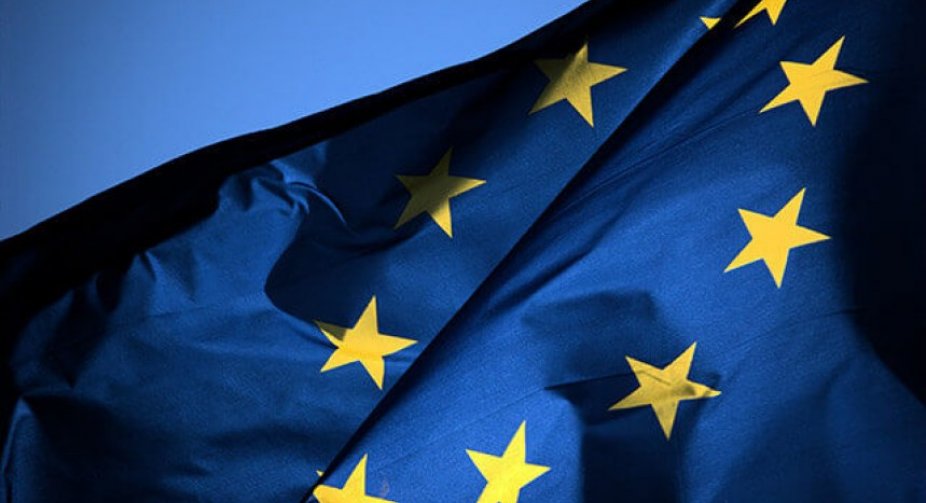The existing institutional composition of the EU can cope with a new wave of expansion without the need to reform the European Union.
A high-ranking French diplomat, who wished to remain anonymous, told Euractiv about this.
Any change to EU treaties must go through the ratification process - a very risky move as the European Union is struggling with a "crisis of democracy", the diplomat warned.
Germany has made it clear that Berlin wants EU reform before allowing new members to join the bloc.
The debate is taking place against the background of the fact that EU enlargement has returned to the list of main priorities after the decision to grant Ukraine and Moldova the status of candidates for EU accession in June.
France has historically opposed further enlargement, instead emphasizing "deepening" relations with existing member states.
However, with the beginning of the war in Ukraine, the situation changed. Enlargement is back on the agenda and the EU has a "historic obligation" to think about the new political ties it can build with neighboring countries, French President Emmanuel Macron told the European Parliament in May.
Earlier, Jörg Kukis, State Secretary of the Federal Chancellery and Chief Advisor to Chancellor Olaf Scholz, emphasized that EU reform will be necessary "at least simultaneously with enlargement."
This opinion is shared by the head of European diplomacy, Josep Borrell, who "cannot imagine how the EU can function according to the same rules" and with new members.
But a senior French diplomat claims that the EU "must cope" with the enlargement of the EU at the expense of the Balkans without changing the treaties.
An EU official warned that changing the treaties would be particularly difficult because it was "not just a question of unanimity or qualified majority voting", noting that it also had to address more fundamental questions about the functioning of the EU.
For example, "expansion should be accompanied by stricter requirements regarding the rule of law," the official said.
The diplomat noted that institutional changes require time and carry high political risks, arguing that now is not the best time to revise treaties given the current acute political crisis.
"The more that can be done without changing the contracts, the better," the official concluded.
